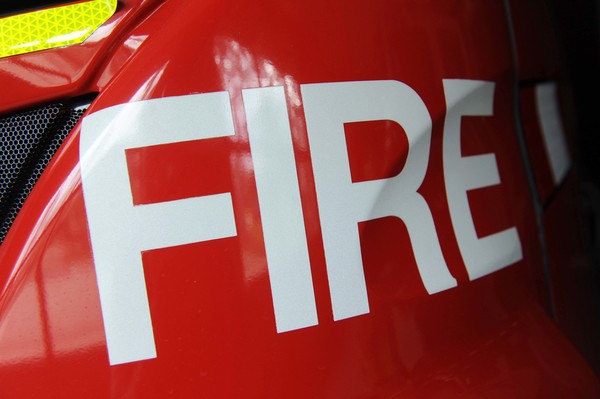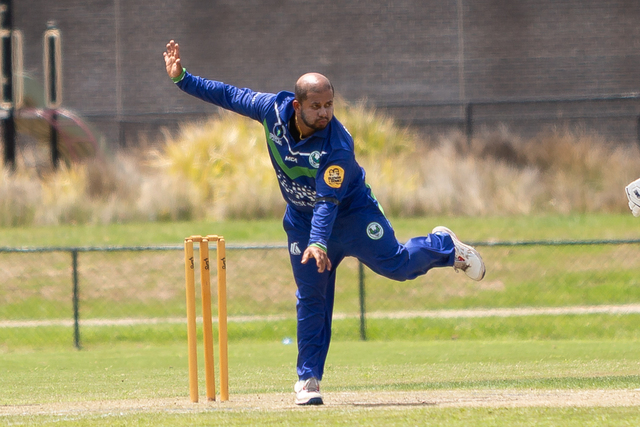An investigation into the management of the CFA and SES has found deficiencies in the planning of both emergency services.
Auditor-General John Doyle’s report, released last week, stated the organisations did not have a clear understanding of the number of volunteers available in an emergency.
It recommended that they develop strategies to accurately determine where volunteers should be deployed.
“The CFA and SES’s decentralised approaches to the recruitment, training and deployment of volunteers means neither agency can assure itself that these activities are effectively addressing workforce needs,” the report stated.
Volunteer Fire Brigades Victoria chief executive Andrew Ford welcomed the findings. “The auditor-general sums this up nicely where he says ‘volunteers are essentially unpaid professionals and valuable assets’,” Mr Ford said.
“This isn’t a surprise to us. We want CFA and government to invest in the best possible support to recruiting, training and equipping volunteers. We want the volunteer capability to be utilised, put to work in the roles they train for; that’s the key to keeping them.’’
A western suburbs SES volunteer, who didn’t want to be named, said it was disappointing that skills information wasn’t being collected properly.
“If volunteers’ acquired skills and assessments are not fully recorded, that means there’s people who could perhaps do a job or be part of a strikeforce who could be overlooked.
“Databases need to be a bit more flexible.’’
Opposition emergency services spokesman Wade Noonan said the report was clearly directed at management, not volunteers or career firefighters.
“Our emergency service volunteers have been let down by the Napthine government and this report makes it clear.
“This latest report reflects the $41 million cuts to the CFA, which has again put communities at risk for this fire season.”
Police and Emergency Services Minister Kim Wells said the CFA and SES both welcomed the report, and the agencies were in the process of implementing its recommendations.
















